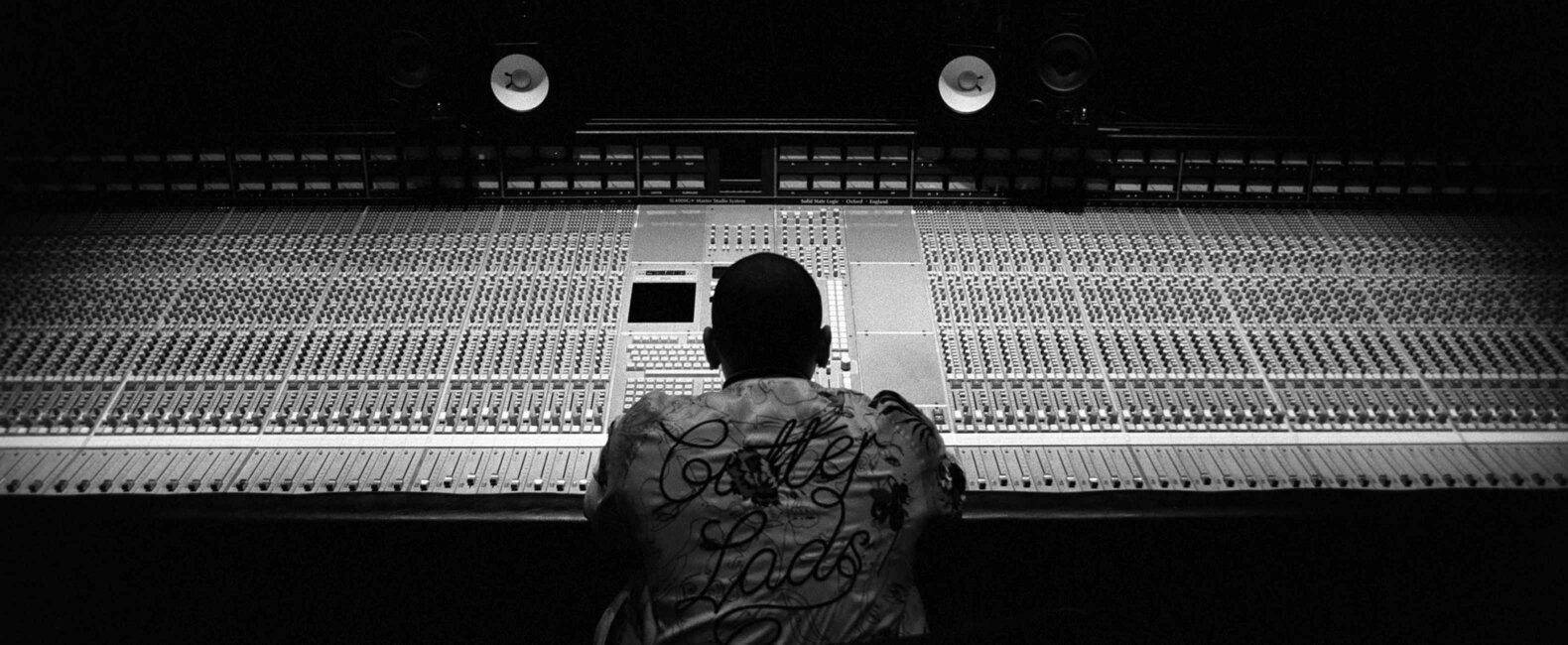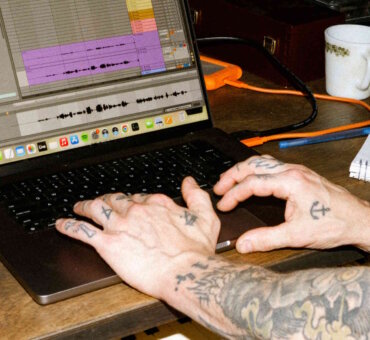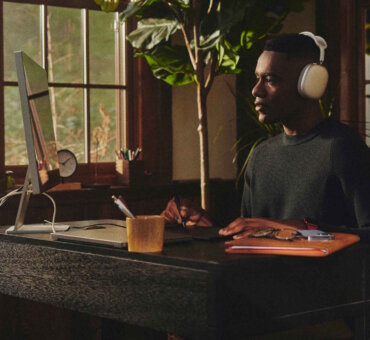If you’re a filmmaker, videographer or any sort of creator involved with the moving image, then the chances are you’ve encountered music licensing at some point or another. Without music, our films and videos simply aren’t finished – they don’t have anywhere near the same impact. But of course, we can’t just pick a music track we like and use it in our edit. We need permission and the rights to do so.
When an artist grants permission for others to use their music in media and performances (including films, TV shows, commercials, video games, streaming, live performances), this is music licensing. For a music artist, this is really important because it allows them to A) earn money from their hard work and B) potentially gain a lot more exposure and notoriety for their work. By licensing music, artists can reach a new audience and generate an income, allowing them to continue creating and doing more of what they love.
Meanwhile, for filmmakers, music licensing is essential so that you’re protected from any potential copyright infringement and the legal consequences that come with that. Plus, it’s nice to know you’re rightly compensating the original creators of the work!
Music licensing explained
So, what is music licensing? When a musician creates an original work and registers the copyright for that work, that song becomes their intellectual property. By law, that property cannot be used by anyone other than the copyright owner without written consent from the owner.
As a way to earn income from their work, artists and copyright owners can issue licenses that allow others to legally use their work in their projects. These licenses will include the usage and term rights, which determines how the song will be used. There are six major forms of music licenses:
- Synchronization License (Sync License)
- Mechanical License
- Master License
- Public Performance License
- Print Rights License
- Theatrical License

The legal framework
Failure to obtain the necessary licenses can result in copyright infringement and legal consequences for you, so it’s important to understand how music licensing works. The legal framework behind music licensing involves various laws, agreements and organizations that govern the rights and permissions related to the use of music in different contexts. Here’s an overview of the key aspects:
- Copyright Law: Copyright law grants creators exclusive rights to their original works, including music. This means that the composer, songwriter and performer of a piece of music has the right to control how it is used and reproduced. Copyright protection typically lasts for the lifetime of the creator plus a certain number of years (70 years in many countries).
- Performance Rights Organizations (PROs): PROs are entities that manage the performance rights of musical works on behalf of composers, songwriters and publishers. Examples include ASCAP (American Society of Composers, Authors, and Publishers), BMI (Broadcast Music, Inc.) and SESAC. As a filmmaker, you’ll often need to obtain a license from PROs to use music in their projects, especially for public performances or broadcasts.
- Music Publishers: Music publishers work with composers and songwriters to administer the licensing and distribution of their music. They often handle the negotiation of licenses for various uses, including synchronization licenses (for use in films, TV shows, etc.) and mechanical licenses (for reproducing music on CDs, digital downloads, etc.)
- Synchronization (Sync) Licenses: Musicbed’s platform is built completely on representing musicians and composers for sync licensing! A synchronization license grants permission to synchronize a musical composition with visual media, such as a film, TV show, advertisement or video game.
- Master Use Licenses: In addition to sync licenses, filmmakers and video creators may also need to obtain master use licenses to use specific recordings of music in their projects. This involves obtaining permission from the owner of the sound recording rights, which is often the record label or the artist themselves.
- Royalties and Fees: When music is licensed for use in films, ads or other projects, royalties and licensing fees are typically paid to the copyright owners, composers, songwriters, performers and publishers. The amount of royalties and fees can vary depending on factors such as the type of use, the popularity of the music and the negotiated terms of the license.
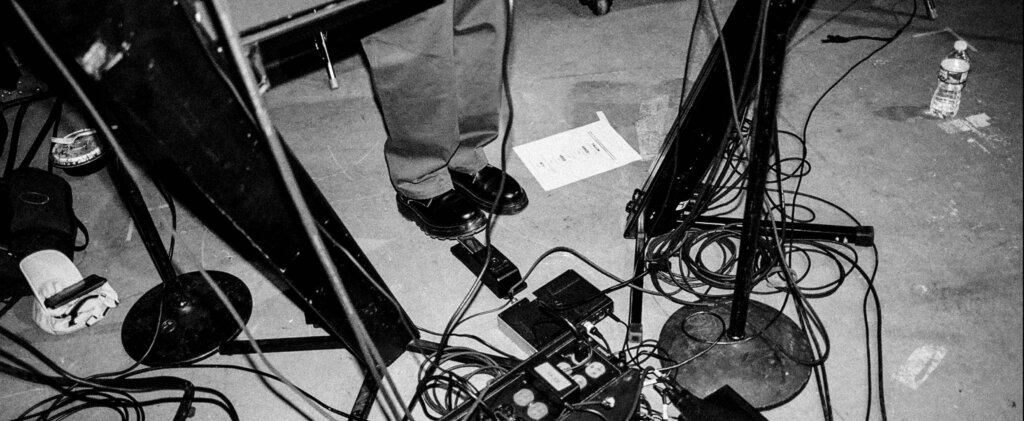
How music licensing usually works
Overall, navigating the legal framework of music licensing requires understanding copyright law and obtaining appropriate licenses from PROs, music publishers and rights holders. Essentially, you need to ensure that proper compensation is provided to the creators and copyright owners involved. This is a process which takes expertise, time and resources. A standard process might look something like this:
- Find the music you’d like to use.
- Find and contact the rights holders.
- Specify the intended use.
- Negotiate terms.
- Review and sign the agreement.
- Organize payment.
- Obtain the license documentation.
- Comply with the terms in your project.
How music licensing works with Musicbed
Fortunately for you, the process of obtaining music licensing with Musicbed is a lot more straightforward. Musicbed grants a Synchronization/Master Use License. This allows music to be used in timed relation to moving picture, which is defined as a slideshow, video or a film. In other words, it’s perfect for filmmakers. Here’s how the typical Muscibed process might look:
- Using tools to hone in on exactly what you’re looking for (genre, mood, attributes etc), find the music you’d like to use.
- Click Download, fill in the details about your project and social media channels.
- Download the file and use the music track in your edit, however you want. Easy!
You can also check out the available coverage for our music licenses here.
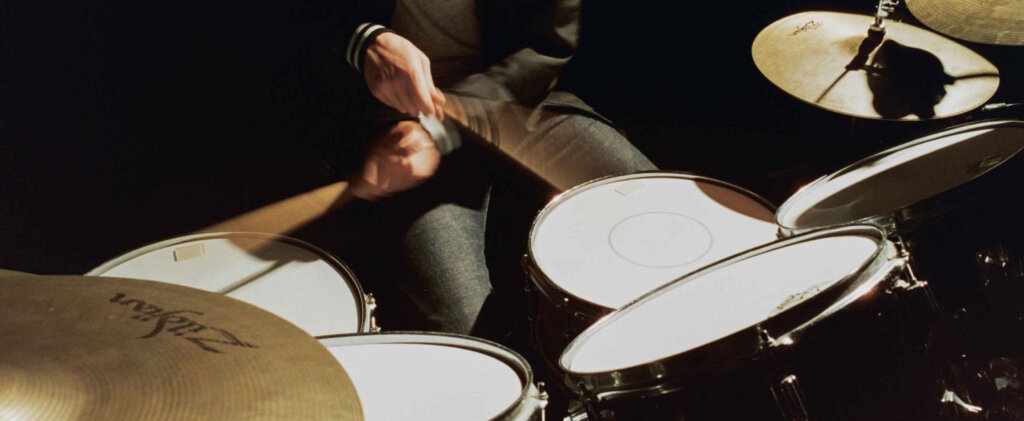
Why is music licensing important?
There are a few key points to make when it comes to the importance of music licensing.
Legal consequences of unlicensed music use
For filmmakers and video creators, this is the number one thing regarding why music licensing is necessary. If you don’t obtain the proper licenses and permissions, you face several risks including damaging legal penalties:
- Copyright Infringement: Unauthorized use of copyrighted music constitutes copyright infringement, which is a violation of the exclusive rights of the copyright owner. This can result in legal action by the copyright owner, including the issuance of a cease-and-desist letter demanding the removal of the infringing material. You may have already come across this on YouTube if you’ve ever received an initial claim on one of your videos (a fairly common occurrence). In the rare case where things escalate, you may even receive a copyright strike.
- Financial Damages: If found liable for copyright infringement, filmmakers may be required to pay financial damages to the copyright owner. Damages can include statutory damages, which are set amounts specified by copyright law, as well as actual damages, which may include lost profits or licensing fees that the copyright owner would have received.
- Injunctions: In addition to financial damages, a court may issue an injunction ordering the filmmaker to stop using the infringing music immediately. This could require removing the music from the film or halting distribution of the film until the infringement is resolved.
- Legal Fees: Filmmakers may incur significant legal expenses defending against allegations of copyright infringement, including attorney fees, court costs and other related expenses. That’s not to mention the time these things take and the stress it can cause.
- Loss of Reputation and Opportunities: Copyright infringement can damage the reputation of filmmakers and their production companies, leading to negative publicity and a loss of credibility within the industry. It may also result in missed opportunities for future collaborations or distribution deals.
- Criminal Penalties: In some cases of willful copyright infringement, particularly for commercial gain, filmmakers may face criminal penalties including fines and imprisonment.
Although there aren’t too many high-profile cases in the movie industry (many cases are settled before they ever reach court), there are plenty of examples throughout the history of the music industry. Most recently, Ed Sheeran was in court over a disagreement about his song “Thinking Out Loud”, accused of lifting key elements of Marvin Gaye’s 1973 classic “Let’s Get It On”. Meanwhile, Queen and David Bowie had to sue Vanilla Ice for his 1999 hit “Ice, Ice, Baby” which blatantly sampled “Under Pressure”.
In short, the risks highlighted above simply aren’t worth it. The purpose of music licensing is to protect you legally (and financially). Additionally, there’s a question of morals and ethics at play here.
The impact on artists’ careers
At the end of the day, we all want to be good people, right? Properly licensing your music is the correct thing to do. Imagine how you would feel if someone downloaded and used a video you’ve created in their own work, without having obtained your permission and not crediting you? The same applies when it comes to music artists. They deserve fair financial compensation and recognition for their hard work. Without their music, your video would not be what it is.
Additionally, music licensing can sustain and enhance a music artist’s career in various ways:
- Exposure and Visibility: Licensing music for use in films, TV shows, advertisements and other media can significantly increase an artist’s exposure and visibility to new audiences. For example, a well-placed song in a popular film or TV series can introduce the artist’s music to a wide and diverse audience, potentially leading to new fans and followers.
- Income and Revenue Streams: Music licensing provides artists with additional income and revenue streams beyond traditional album sales and live performances. When their music is used in various media, artists can establish a steady stream of income that can supplement their earnings from other sources.
- Brand Partnerships and Sponsorships: Alongside new fans, successful music licensing can attract attention from brands and advertisers looking to associate their products or services with popular music. This can lead to lucrative brand partnerships, sponsorships and endorsement deals for the artist, further enhancing their financial stability and career opportunities.
- Artistic Recognition and Validation: Not only does having music licensed lead to potential new fans and partnerships, but having music used in high-profile projects can serve as a form of artistic recognition and validation for the artist. It demonstrates that their music is valued and appreciated by industry professionals and can enhance their reputation as a talented and sought-after artist.
- Networking and Collaborations: Because music licensing opportunities involve collaboration with filmmakers, ad agencies and other creative professionals in the entertainment industry, this can lead to valuable networking opportunities and collaborations that expand the artist’s creative horizons and open doors to new projects and partnerships.
- Long-Term Career Growth: Building a strong portfolio of licensed music can contribute to long-term career growth and sustainability for an artist. Continued success in licensing can establish the artist as a reliable and bankable source of music for media projects, ensuring ongoing opportunities and stability in their career.
Explore the largest collection of cinematic music.
Find the Perfect Song
Wrapping up
So, that’s the basics of music licensing explained, and a guide to exactly why music licensing is necessary. The purpose of music licensing is multi-dimensional. On one hand, filmmakers and video creators are legally protected and can use the music for their work in the way they’d like, with no stress or risks involved. Meanwhile, musicians and artists are also receiving proper financial compensation and recognition for all their hard work. It’s a fair, win-win situation for all involved.
We think you’ll agree that as a filmmaker, obtaining the correct music licensing rights is essential. Breaking and ignoring these rules simply isn’t worth it – when we do so, we open ourselves up to legal threat, as well as potentially losing our reputation and relationships with people throughout the industry.
Ready to hear the difference? Start your free 14-day trial, only on Musicbed.
*Cover image licensed via Stills.com















































































